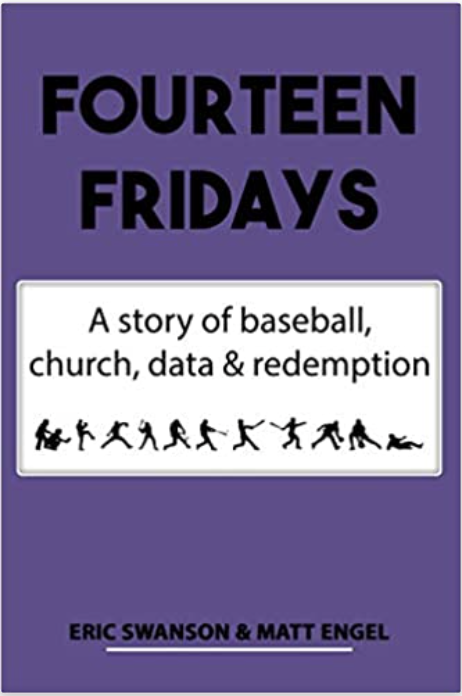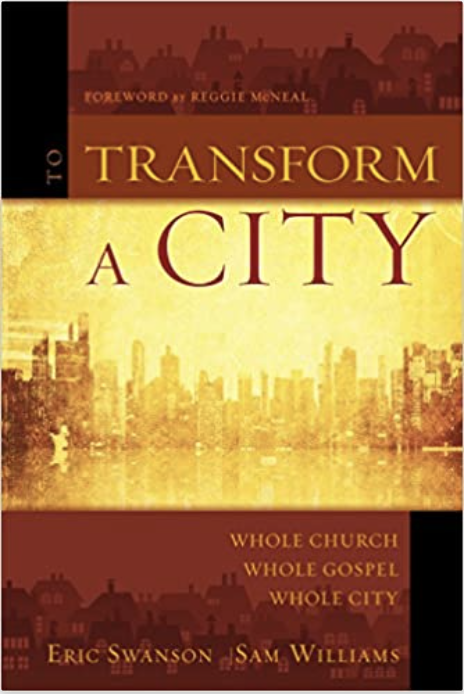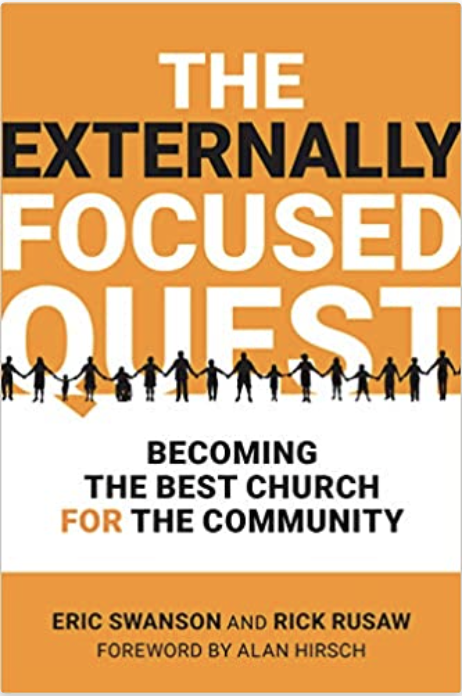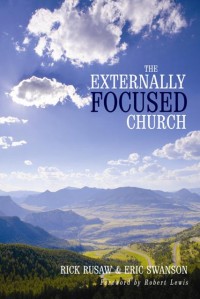Eight Questions for City Leaders on your Listening Tour to launch a city movement

In the spring of 2009 my son Jeff graduated from the University of Colorado with a B.A. in Communications. He was an Army veteran, manning a 50-caliber machine gun on top of a Humvee for a year in Baghdad. I wrote this post about him on July 4, 2005. He graduated with honors and he was anxious to find work to support his young family. The problem was we were in the worst recession since 1929 and jobs were tough to come by. He eventually he got a morning interview for a sales job at Cbeyond, a communication company. The interviewer paired Jeff with a trainer and told him,
“Go and talk with 50 companies in Boulder and bring back the business cards of the decision makers of those companies by 4:30 and then kltell me why you want a job here.”
Jeff came back at 4:30 and told the interviewer why he wanted the job. He was hired on the spot and did very well selling for Cbeyond and within a few months was managing a sales team.
I thought the hiring process was brilliant…a bit cruel…but brilliant, nonetheless. The interview was experiential. The job was all about cold-call sales and the best way to test whether Jeff was a good fit for the job was to have him talk with 50 decision-makers at 50 companies. If Jeff hated that process, he would have hated selling for the company. What can we learn from Jeff’s experience about who can and should lead a city transformation movement? Let’s get started.
Objective
- Relational connection with 50-100 cross-sector leaders in your city. Do your best to make a relational connection so that this leader would be:
- Delighted to meet with you again
- Delighted to introduce you to others
- Gather information
- Identifying information about needs and dreams of city to produce a report
- Identifying those who self-select for deeper involvement with you
Introduction
- Thank them
- Tell them a little about yourself and why you are doing the listening tour (this should be the end of me talking about yourself)
- Let them know the length of the conversation
- Explain how the information will be used and shared (a “state of the city” report)
- Obtain permission to record conversation (if you want it recorded). If you do record it, live or via Zoom, it is much easier to have a conversation. The interview can be transcribed later on.
Before the interview, learn as much as you can about the person, church, nonprofit, business, etc.
- Website:
- Annual Budget:
- Number of Paid Staff:
- Number of annual volunteers:
- Governing Board / Advisory board
- 501c3? Yes / No
- Any community awards / honors, etc.
All of this should be filled in before the interview:
- Date of Interview:
- Leader’s name:
- City, State:
- Cell Phone
- Org Name:
Your “Listening Tour”
City movements today are usually started with a person or team of people interviewing dozens and dozens of cross-sector leaders in their city. Before launching ForEvansville, Ross Chapman personally interviewed over 200 city leaders. He put his findings in a Discovery Report which he shared at his first gathering of pastors and nonprofit leaders. Rob Kelly of ForCharlotte has talked with over 700 pastors in his city. It’s what this job is about. It’s not about sitting alone with your ideas. Ray Bakke probably started this process decades ago, interviewing pastors, priests, nonprofit leaders, bar owners, etc. in the area surrounding his inner-city church. Interviews do at least three things:
- They build a relational bridge to leaders you want to meet, which is the first step for long-term, trusted relationships. If you don’t like meeting with people, the job of leading a city movement is probably not for you. A few years ago, Gary Kinneman asked me to join him and 30 pastors of the largest churches in the Phoenix area in Sedona to talk about city transformation. To start our time together, I went around the room and asked each pastor why they had come on this retreat. A typical answer was, “Well, Gary and I have been meeting for lunch every Thursday for the past couple of years, so when he asked me to join him, I just said ‘yes,’ and cleared my schedule.”
- You will learn about the needs and dreams of your city to find out what is thriving and what is lacking. Where are the bright spots? Where could collaboration begin? Are leaders wanting to work together? What can you do together with other leaders that you cannot do alone?
- If you can’t get leaders to meet with you…if you can’t get past the gatekeeper, it is probably the biggest indicator that you are not the one to lead this city movement. But by all means, don’t disqualify yourself before you begin. Transformational movements are led by extraverts, introverts, women, young people and people of every ethnicity.
Question for your listening tour (compiled from current transformational city leaders)
- “Tell me a bit about the history of your [church, business, nonprofit, etc.], how you got involved and its place in health or well-being of our city today.” TO ESTABLISH RAPPORT AND HELP THEM SEE THEY ARE PART OF THE CITY’S ECOSYSTEM
- “In your opinion, what would a flourishing [your city] look like, where life was good for everyone?” LISTEN FOR HOW MANY CHARACTERISTICS OF ISAIAH 65:17-25 / OR HARVARD FLOURISHING PROGRAM ARE THEY TALKING ABOUT?
- “What is the thing you like most about living in (your city)” / “If you wanted to show off the best of our city, where would you take me?” / “What are you most proud of in our city” [For known Christians] ask the Ray Bakke question, “If you had to prove God exists in our city; where would you take me and what would you show me to prove it?” THIS QUESTION SURFACES ASSETS AND STRENGTHS OF YOUR CITY
- What do you believe is wrong or broken in our city? / “What’s the biggest challenge our city is facing? Where would you take me and what would you show me to make your point?” THIS IS ABOUT WEAKNESSES / LIABILITIES / WHAT’S BROKEN OR NEEDS TO BE FIXED IN THE CITY
- “What are your biggest dreams for our city?” / “If you could wave a magic wand over our city to bring about your dream for our city, what would be different? What would our city look like? IDENTIFIES A LEADER’S PRIORITY AND PASSION AS WELL AS AN OPPORTUNITY TO FIND COMMON DREAMS AMONG CITY LEADERS
- “Are there any areas that come to mind where faith communities, nonprofits, businesses, government leaders, etc. could do better collectively than they could through their individual efforts or initiatives?” / “What societal issue in our city currently presents the greatest opportunity for collaboration?” / “Where is collaboration missing in our city to address the biggest problems in our city issue?” / “Is there any low-hanging fruit where we could collaborate on a pilot project?” / “What is one first step you think should be taken to initiate a collaborative conversation in our city? THIS IS ABOUT OPPORTUNITIES, COLLABORATION, COLLECTIVE IMPACT, PARTNERING, PLATFORM THINKING, ETC.
- Who are some key leaders and influencers in the city that you would suggest I also meet up with? Why?” TO DISCOVER WHO I DON’T KNOW AND MAY NEED TO KNOW
- From your perspective what difference, if any, is the faith community making in our city? TO GAGE CURRENT PERSPECTIVE ON HOW THE FAITH COMMUNITY IS CURRENTLY PERCEIVED. ARE THERE CURRENTLY COLLABORATIVE EFFORTS HAPPENING?
Start with these questions and make them your own. If you should be privileged to lead a city movement you are in for the ride of your life.








